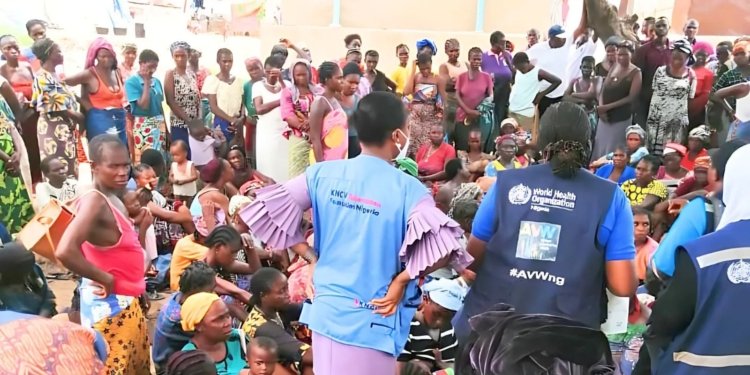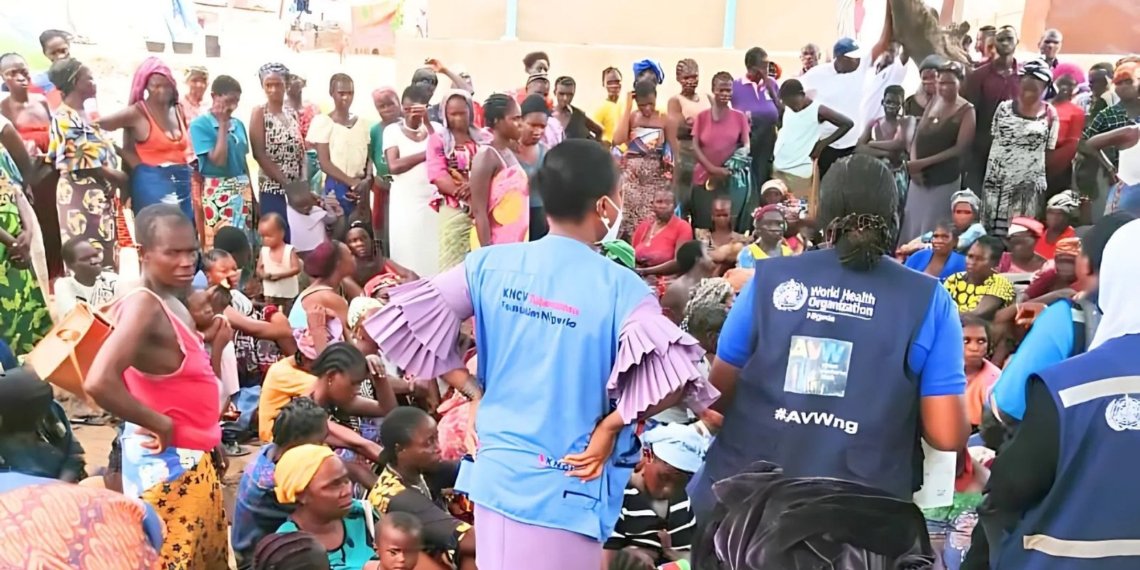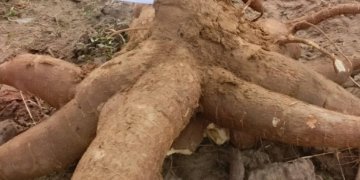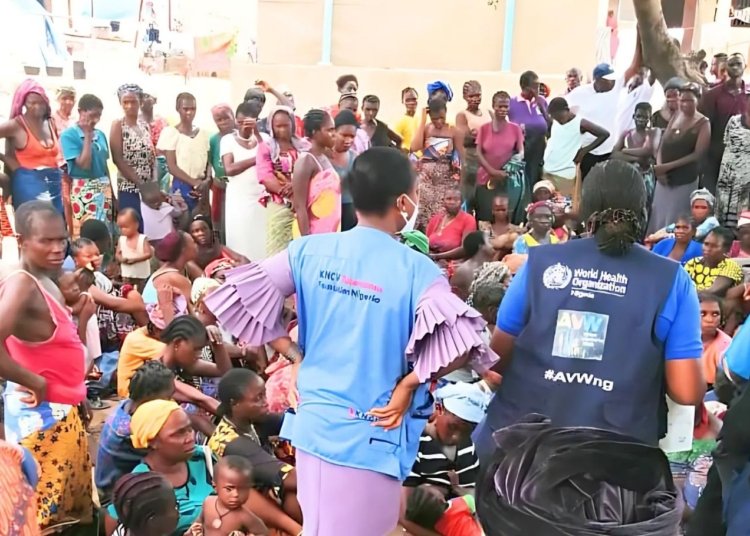WHO Africa Region and Nigerian health authorities intensify efforts to combat Lassa fever outbreaks
ABUJA, Nigeria (BG) –The World Health Organization (WHO) Africa Region and Nigerian health authorities have ramped up efforts to combat infectious diseases, including Lassa fever, amid an alarming rise in cases.
According to the Nigeria Centre for Disease Control (NCDC), the country has recorded 1,059 confirmed cases and 175 deaths from Lassa fever across 28 states in 2024 alone.
The case fatality rate stands at 16.6%, with 35 healthcare workers infected during the outbreak.
Lassa fever, endemic in Nigeria, peaks during the dry season, primarily spreading through food or items contaminated by infected Mastomys rats.
Secondary transmission through bodily fluids poses severe risks to healthcare workers, underscoring the urgent need for protective measures and a coordinated response.
In partnership with state governments, WHO is strengthening preparedness, focusing on early detection, improved case management, and infection prevention.
In Benue State, a hotspot with 64 confirmed cases and 11 deaths, WHO has trained healthcare workers and community volunteers, and raised awareness on rodent control and waste management.
“WHO’s support has been crucial in managing outbreaks,” said Dr. Paul M. Asema, State Epidemiologist for Benue. “A One Health approach is essential to safeguarding public health.”
Efforts extend across six high-burden states, with WHO distributing personal protective equipment (PPE), enhancing diagnostics, and conducting community outreach that has reached over 35,000 individuals.
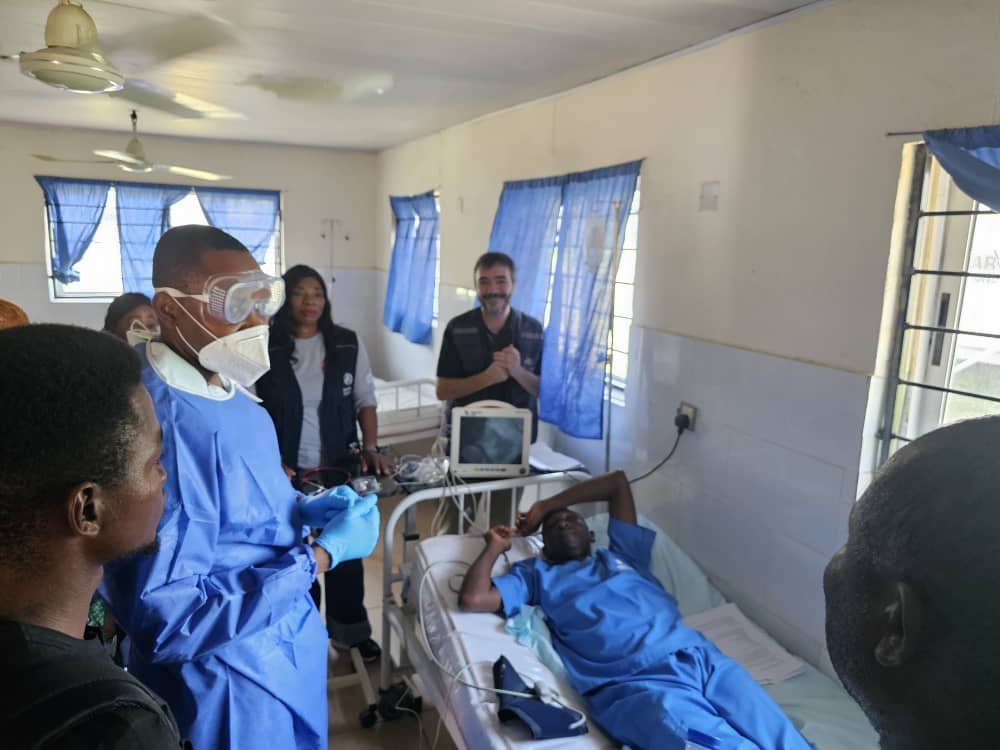
These interventions align with Nigeria’s National Action Plan for Health Security and WHO’s Country Cooperation Strategy 2023–2027.
Through multi-sectoral collaboration, WHO and its partners aim to build resilient healthcare systems, empowering communities to combat infectious diseases while ensuring no one is left behind.
